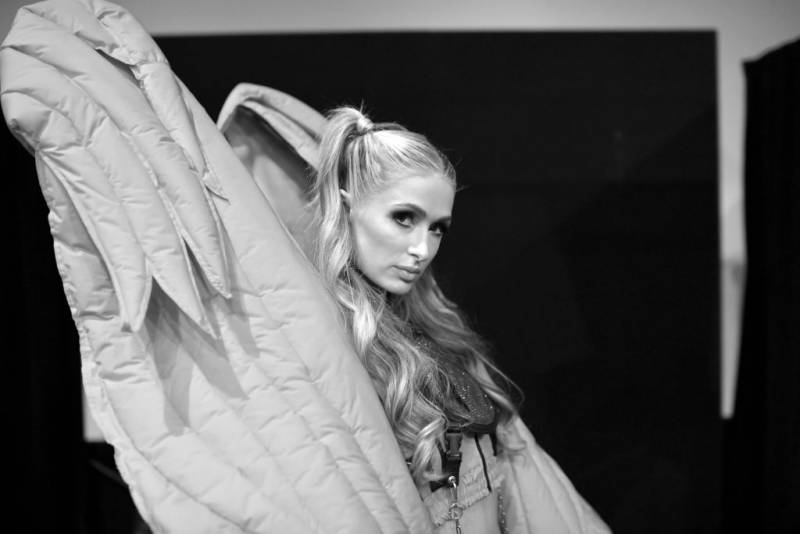This past Monday, the new Paris Hilton documentary This is Paris premiered on YouTube. Exploring her coddled childhood, her turbulent teens and beyond, This is Paris offers a revealing look at the difference between Hilton’s real personality (complete with intense anxiety and chronic insomnia) and the ditzy celebrity persona she created to protect herself.
Some of the more harrowing moments in the film come when Hilton discusses the 2004 leak of her now-infamous sex tape. “That was a private moment with a teenage girl not in her right headspace,” Hilton tearfully reflects. “But everyone was watching it and laughing like it’s something funny… They made me the bad person.”
The home video was recorded in 2001 when Hilton was 19, and leaked by ex-boyfriend Rick Salomon in 2004, after Hilton found success with the first season of The Simple Life. The public reaction to the tape at the time swung between mockery and disdain: This is Paris includes a clip of David Letterman making jokes at her expense before a howling studio audience. (Let’s not forget that even Pink, an outspoken feminist, made fun of Hilton’s sex tape in the video for “Stupid Girls” in 2006.)
In This is Paris, Hilton describes Salomon pressuring her to allow him to film her, and compares her experience to “being electronically raped.”
The details of Hilton’s humiliation were especially jarring to revisit on Monday, after a weekend in which Captain America‘s Chris Evans received an outpouring of sympathy for accidentally posting an explicit picture of himself to Instagram. When screenshots of his photo started circulating on social media, fans and supporters quickly buried them under a sea of wholesome photos of the actor with his dog, messages of support, and tales about his kindness.


